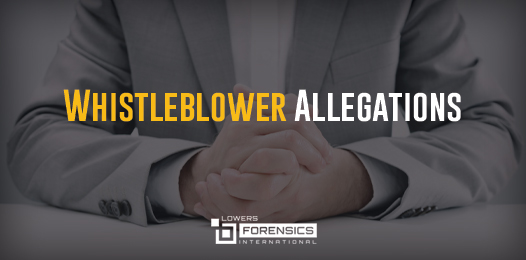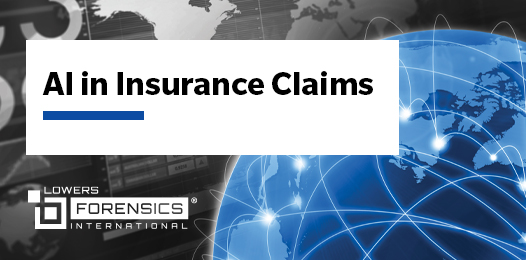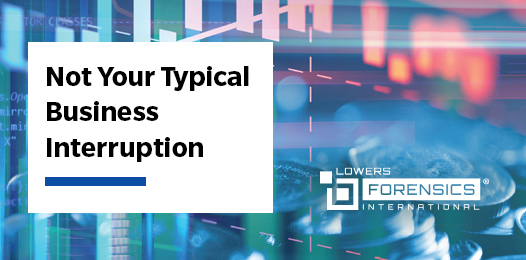
Whistleblowers are individuals who come forward to “blow the whistle” on information or activity that they believe to be illegal, unethical, or otherwise not correct. It turns out, whether through an anonymous hotline or openly reported, tips from whistleblowers have proven to be a valuable component in an organization’s fraud detection program.
According to the Association of Certified Fraud Examiners (ACFE), tips from whistleblowers are the most common initial detection method for occupational fraud. In fact, 40% of the fraud cases examined in the ACFE’s 2018 Global Study on Occupational Fraud and Abuse were detected by a tip, most commonly from an employee but also from customers, anonymous sources, vendors, and others. Corruption, asset misappropriation, and financial statement fraud are three of the most common types of fraud to be discovered with the help of whistleblowers, according to the ACFE.
When a whistleblower comes forward with allegations related to financial loss or transgression, there are a series of steps organizations commonly take and places along the way where the organization can enlist the help of an independent forensic accounting firm.
1. What happened?
When an allegation is brought forward, the affected organization will typically try to move quickly to determine what happened and if the allegation has merit. A forensic accountant plays a valuable role in this process when the allegation involves a possible financial crime or transgression. Through an unbiased lens, a forensic accountant can dig into understanding the issue and determine what happened.
The accountant will typically start by ordering the preservation of all documents and electronic records related to the case and ensure that they are available to the investigating team. Unlike typical accountants, forensic accountants are experts in finding evidence of fraud. Part of their investigative process is looking beyond the numbers by putting themselves into the mindset of the lawbreaker(s). As such they will analyze all financial statements (i.e., bank, credit, ledger) to determine if they are accurate and complete. They’ll review databases and spreadsheets, interview stakeholders, and comb through emails and other communications, all with the goal of uncovering hidden evidence.
2. How did it happen?
Getting to the bottom of how a financial crime or transgression occurred is an area where a good forensic accountant plays a vital role. The forensic accountant works to establish a clear understanding of the scheme, how it was able to happen, and what loopholes may exist in current processes that can be addressed to prevent future issues.
3. What is the extent of the loss?
Financial issues can quickly become complex and difficult to ascertain the exact amount that was lost or stolen. Forensic accountants specialize in finding the truth behind the numbers using an objective, methodical, and investigative approach. Their results are backed up with evidence that can help organizations as they attempt to recover the loss.
4. Is the loss recoverable?
An experienced forensic accountant can help prepare and present evidence to support an insurance claim and/or litigation to help an affected organization recover from the loss that has been uncovered by a whistleblower.
Many forensic accountants specialize in industries that are susceptible to fraud and therefore especially reliant on the help of whistleblowers. These forensic experts do their work independently, impartially, and discreetly, with an understanding that the reputations of individuals and the company itself are at stake.
The Lowers Forensics International team is here to help you get to the truth behind the numbers. Should you find yourself facing whistleblower allegations involving financial loss or abuse, we invite you to contact us to discuss your needs.





